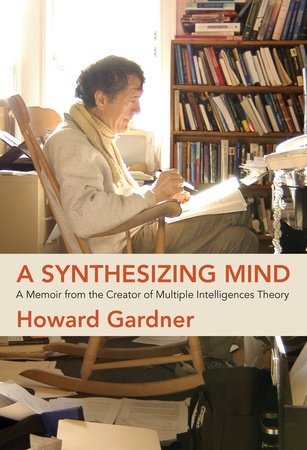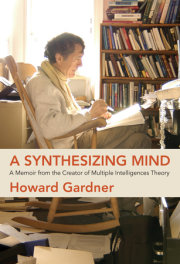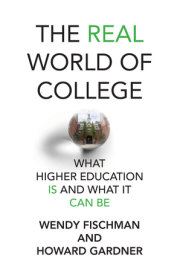We can’t do the experiment, but I am convinced that I would not be writing this memoir, and would not have achieved a certain degree of notoriety if I had chosen some other noun: seven capacities; or seven competences; or seven kinds of minds, recalling the book that I had outlined some years earlier; or seven talents or seven gifts, or even, to use a phrase I detest, seven learning styles. No, with little doubt, it was by virtue of the decision to beg, borrow, seize, or steal the word intelligence that I caught the attention of so many readers, including the then all powerful members of the so-called chattering classes.
Ever since Alfred Binet (1857–1911), a great French psychologist, the use of the word “intelligence” and the instrument called the “intelligence quotient test” or the “IQ test” has taken on a special, even sacred meaning in much of the Western world. We want to be intelligent ourselves; we want to know and befriend people who are intelligent; and above all, we want our children to be intelligent.
How best to convey that capacity to the world? Take a short-answer, multiple-choice style test, tote up the right and wrong answers, and compare your performance with that of peers. If you do about as well as others in your cohort, you’ll be called average. If you do better, say by a standard deviation, you’ll be called smart; and if you don’t do as well as your peers, you’ll be called dull, dumb, or, to be more politically correct, a bit on the slow side or “very nice.” And if you are two or three standard deviations away from the mean of the group, you’ll be hailed as a “genius” at one end of the bell curve or dismissed as an “imbecile” or an “idiot” at the other, less happy end of the curve. The devising and administration of the intelligence tests turns out to be a notable achievement of psychological measurement, but also a perilous one.
As a scholar, having settled on a noun, I also needed a definition of what constituted an intelligence. Over the years, I have tinkered with the exact wording of that definition. But in
Frames of Mind, first published in 1983, I put forth my thinking in informal terms: “A human intellectual competence must entail a set of skills of problem solving—enabling the individual to resolve genuine problems or difficulties that he or she encounters, and, when appropriate, to create an effective product—and must entail the potential for finding or creating problems—hereby laying the groundwork for the acquisition of new knowledge” (62).
Looking back nearly four decades, I am relieved that I was appropriately modest in my claims for the definition and the criteria of an intelligence: “Ultimately it would certainly be desirable to have an algorithm for the selection of an intelligence . . . at present, however, it must be admitted that the selection (or rejection) of a candidate intelligence is reminiscent more of an artistic judgment than of a scientific assessment . . . where my procedure does take a scientific turn is in the making public of the grounds for the judgment, so that other investigators can review the evidence and draw their own conclusions” (
Frames of Mind, 63).
I had thrown down the gauntlet: Goodbye, or even good riddance, to a single intelligence as probed by the ubiquitous IQ test; greetings to multiple intelligences, modes of assessment yet to be determined. I would soon see how the world would react to the words and claims in the new and perhaps daring synthesis that I was putting forth.
Copyright © 2020 by Howard Gardner. All rights reserved. No part of this excerpt may be reproduced or reprinted without permission in writing from the publisher.







